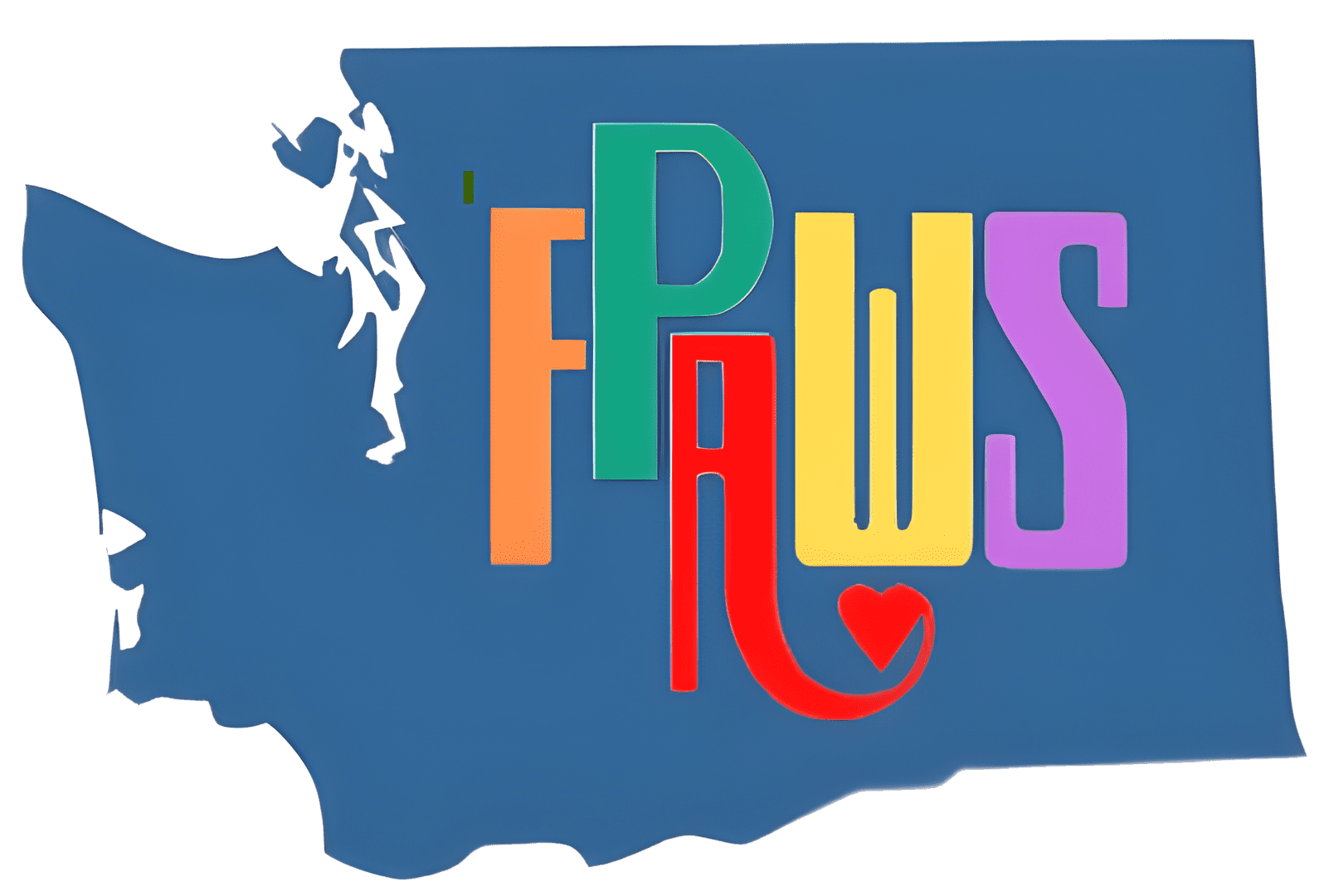A Message from Secretary Ross Hunter
I want to acknowledge the range of emotions you may be feeling, including anger, confusion, grief, disbelief and numbness evoked by recent events. By now, we’ve all seen the brutal murder of George Floyd by police officers in Minneapolis – officers who are supposed to “serve and protect” the community. We’ve also experienced the painful loss of Ahmaud Arbery, Breonna Taylor and far too many Black lives, just in the past few months.
George Floyd was somebody’s beloved father, brother and son. A byproduct of our toxic culture and environment of racism and white supremacy is dehumanization and insensitivity toward the suffering of Black bodies. Until we all feel the pain of these losses and our systems respond accordingly with just policies and practices that protect the health and well-being of all communities, we communicate resoundingly that Black lives matter less.
This brutality is deeply rooted in American history and culture.
Minneapolis City Council Vice President, Andrea Jenkins, said it perfectly when she declared racism as a public health emergency:
“Until we name this virus, the disease that has infected America for the past 400 years, we will never, ever resolve this issue. To those who say bringing up racism is racist in and of itself, I say to you, if you don’t call cancer what it is, you can never cure that disease.”
I’m a living legacy and beneficiary of the number of resources America has put into curing cancer. The disease of racism harms us all, and it requires a deeper, stronger response. Nobody loses power if cancer is cured, but unfortunately, that’s not the case with racism.
Digging it out, root and branch, will require facing our complicity in creating current racialized outcomes, and a willingness to put in the personal and collective work to make change happen.
Our agency, as with many public institutions, has a long way to go to live into our commitment to advance racial equity and social justice.
- Black children are expelled from pre-k at rates vastly exceeding their white counterparts. This is 3- and 4-year-olds.
- Racial disparities get worse at almost every level of the child welfare system, with Black and Indigenous children being removed from their families at much higher rates than their white counterparts.
- Youth of color are vastly over-represented in our JR facilities.
We have to call this problem out and focus on our everyday actions that perpetuate it. We are starting with a shared framework and approach to taking responsibility for eliminating racial and ethnic disparities and disproportionate impacts on the Black, Indigenous and People of Color we serve. We are also dedicating significant attention to how we go about our work, eliminating the implicit bias that seeps into everything we do.
Many of us are struggling with how to respond to the murder of Mr. Floyd. I can’t even imagine how our Black community members must be feeling at this moment. I can only urge two threads for everyone – caring for the world and caring for yourself.
Only when we stand with one another and engage in this uncomfortable but necessary work can we live in an equitable community where all children, youth and families are thriving.
I’ll leave you with a few resources that I hope will help you with taking care of yourself, your own learning journey or finding ways to take action.

